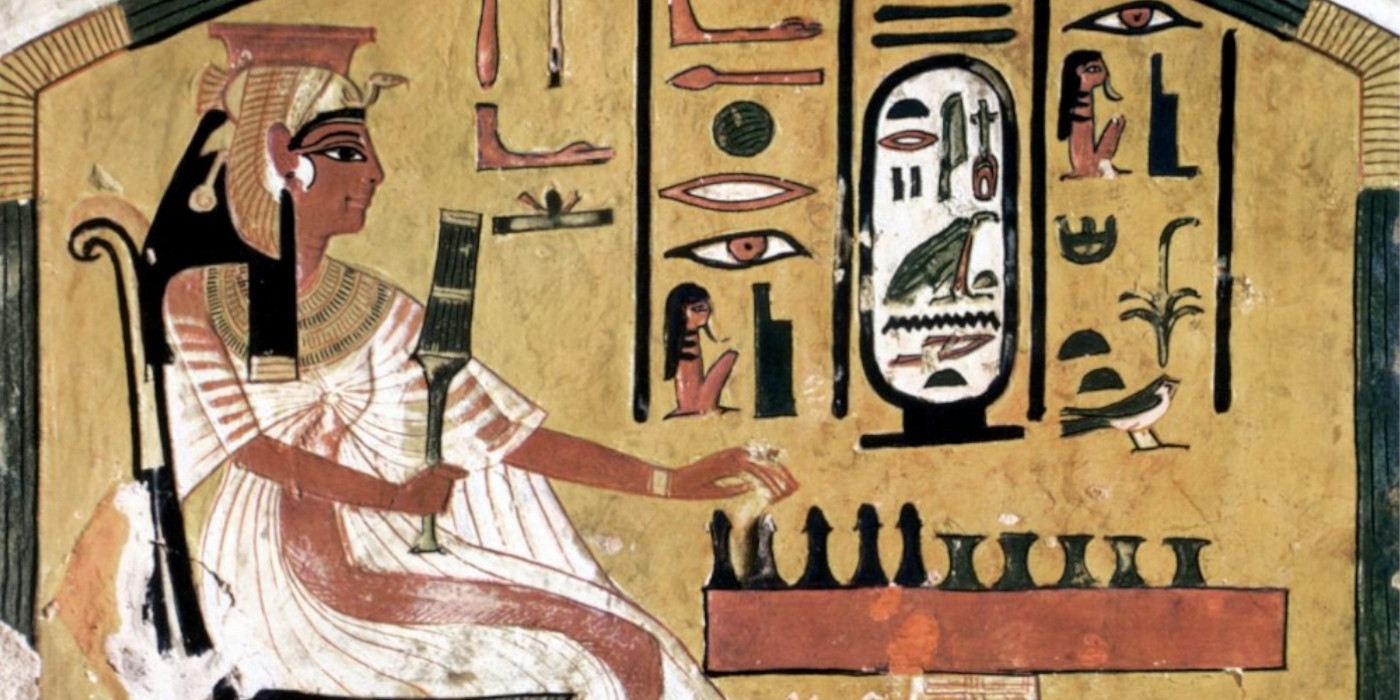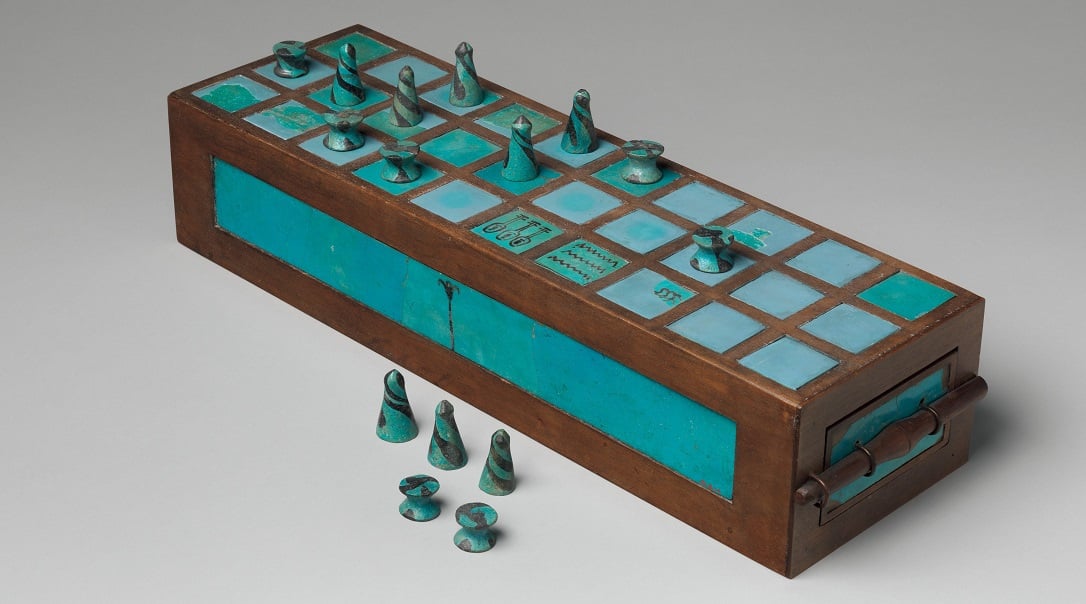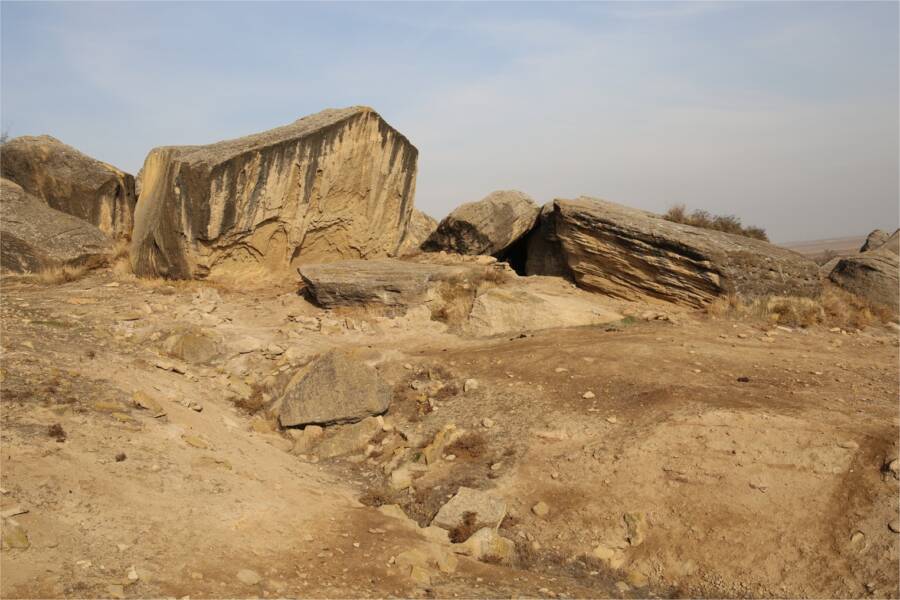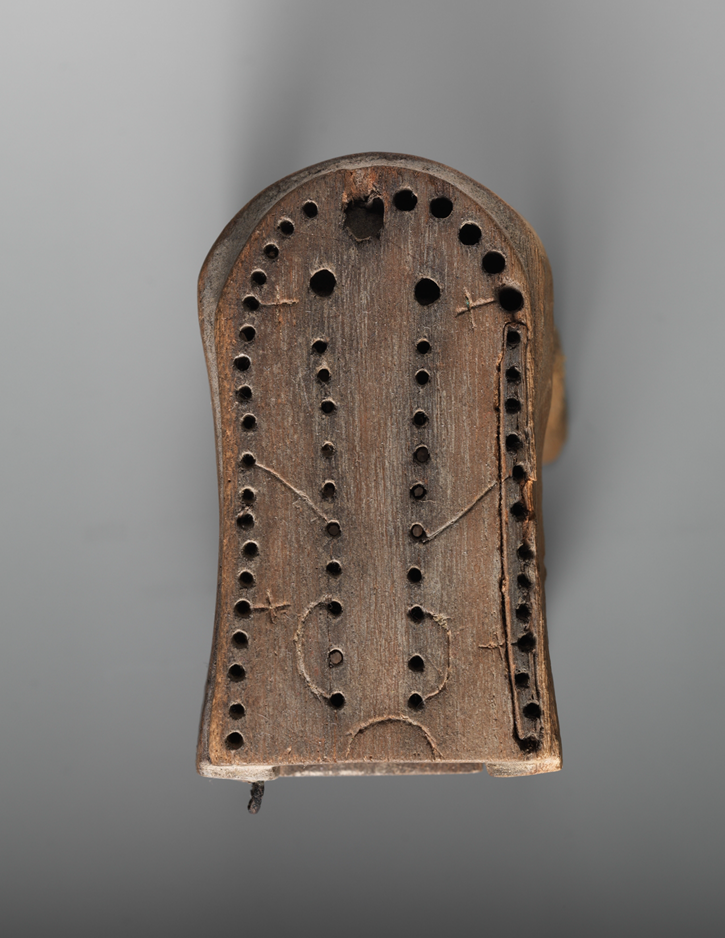Sorry, ‘Senet’, New Archeological Study Shows That Board Games Started in Asia, Not Egypt

Recent archeological findings and related studies have given new light onto the earliest known evidence of the origin of board games.
It’s not often I get to combine my interests of board games with my interest in world history. Previously, here at BoLS, I’ve talked at some length about many of the first board games of different cultures. We’ve talked about Hnefatafl, the board game of the Vikings, Patolli, the favored game of Montezuma of the Aztecs, and, of course, Senet, the ancient Egyptian game that is the very first board game ever.
Or so we thought.
Senet is Out, Hounds Are In
According to a recently published archeological study by Cambridge University, Senet is no longer the original board game. Senet is still certainly still very old, with earliest concrete evidence dating back to around 2600 BCE. However, this new evidence, found in the Çapmalı rock shelter of the Abşeron Peninsula and Gobustan Reserve in Azerbaijan dated back a few hundred years more.
The game in question is often called Hounds and Jackals or Game of 58 Holes. Granted, the original name is lost, but Irving Finkle suggests that it could have been isb or patti-abzu. This new findings seem to date the game back to the late third or early second millennium BCE.
As with any archeological study, especially with board games, there’s always a little but of uncertainty and researchers admit they aren’t 100% positive on anything. How could you be when you’re looking at game boards from thousands of years ago?
Still, if nothing else, this shows the game was very popular in many parts of the world for many centuries.
I wonder what modern board games we will be playing in the year 6024?








